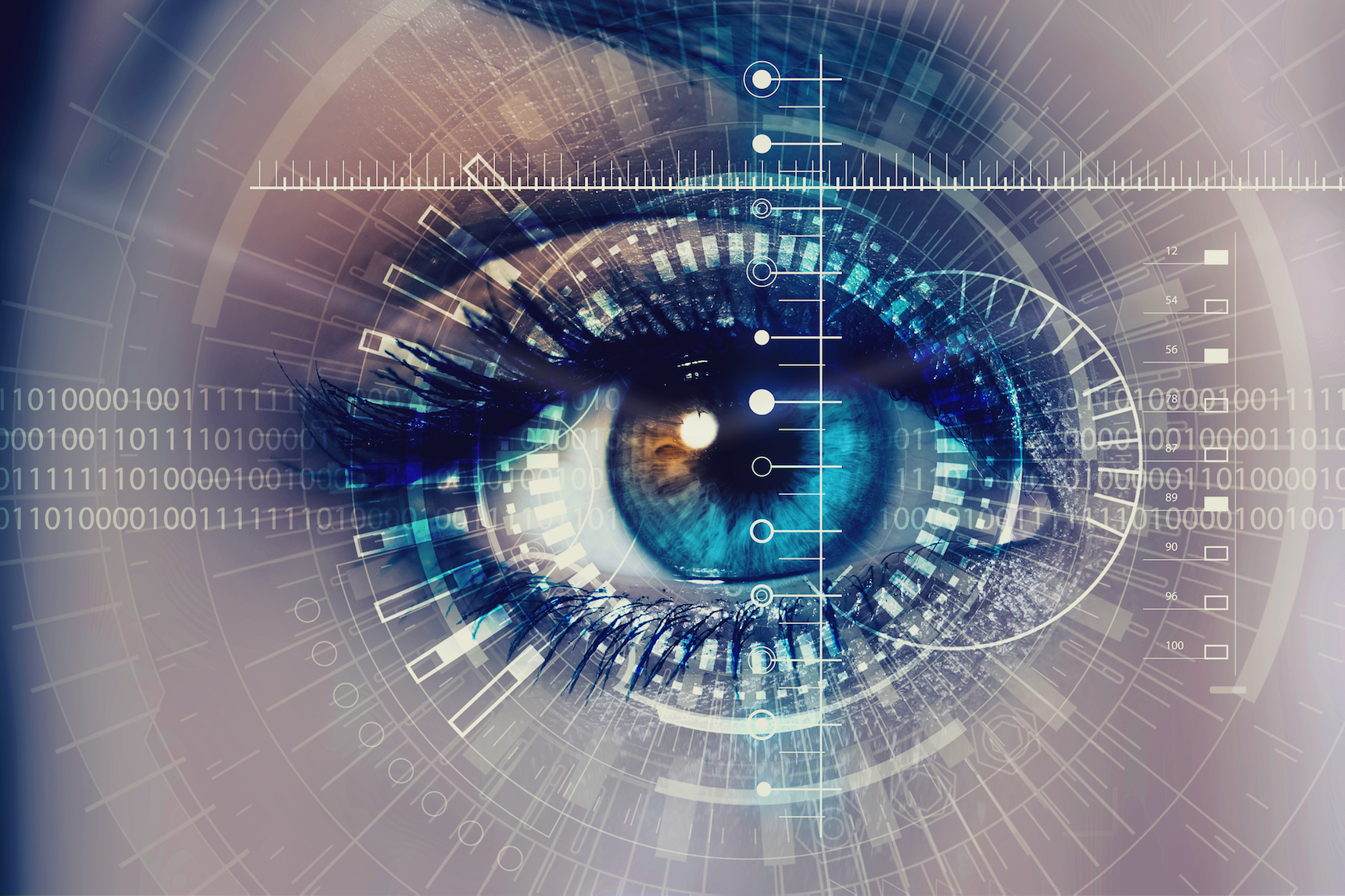
AI technology can predict your personality from your eyes
Scientists at the University of South Australia have developed technology that can predict the personality traits of humans based on their eye movement.
The study was focused on the Big Five personality traits used in psychology, including agreeableness, extraversion, neuroticism, conscientiousness, and openness to experience.
“Personality traits characterize an individual’s patterns of behavior, thinking, and feeling,” wrote the study authors. “Studies reporting relationships between personality traits and eye movements suggest that people with similar traits tend to move their eyes in similar ways.”
“Besides allowing us to perceive our surroundings, eye movements are also a window into our mind and a rich source of information on who we are, how we feel, and what we do,” said the researchers.
The researchers investigated the relationship between personality and pupil motion. Students were surveyed about their personalities before wearing eye-tracking glasses on campus.
The resulting data was introduced to a computer using machine learning, which is a way of training a computer by exposing it to new information with no programming required.
The study revealed that blinking faster is linked to neuroticism, while greater fluctuations in pupil size are linked to high levels of conscientiousness. Frequently looking side-to-side is associated with openness to new experiences.
The experts also found that people who are curious look around more, and people who are optimistic will spend less time looking at negative images than people who are pessimistic.
“The proposed machine learning approach was particularly successful in predicting levels of agreeableness, conscientiousness, extraversion, and perceptual curiosity.”
The system was able to predict these traits by up to 15 percent better than random chance. Openness, however, was not detected as accurately by the machine.
According to the experts, the technology could enable smartphones to predict the user’s behavior and offer personalized support. The artificial intelligence could also be applied to robot companions for assisting older adults.
The study is published in the journal Frontiers in Human Neuroscience.
—
By Chrissy Sexton, Earth.com Staff Writer













